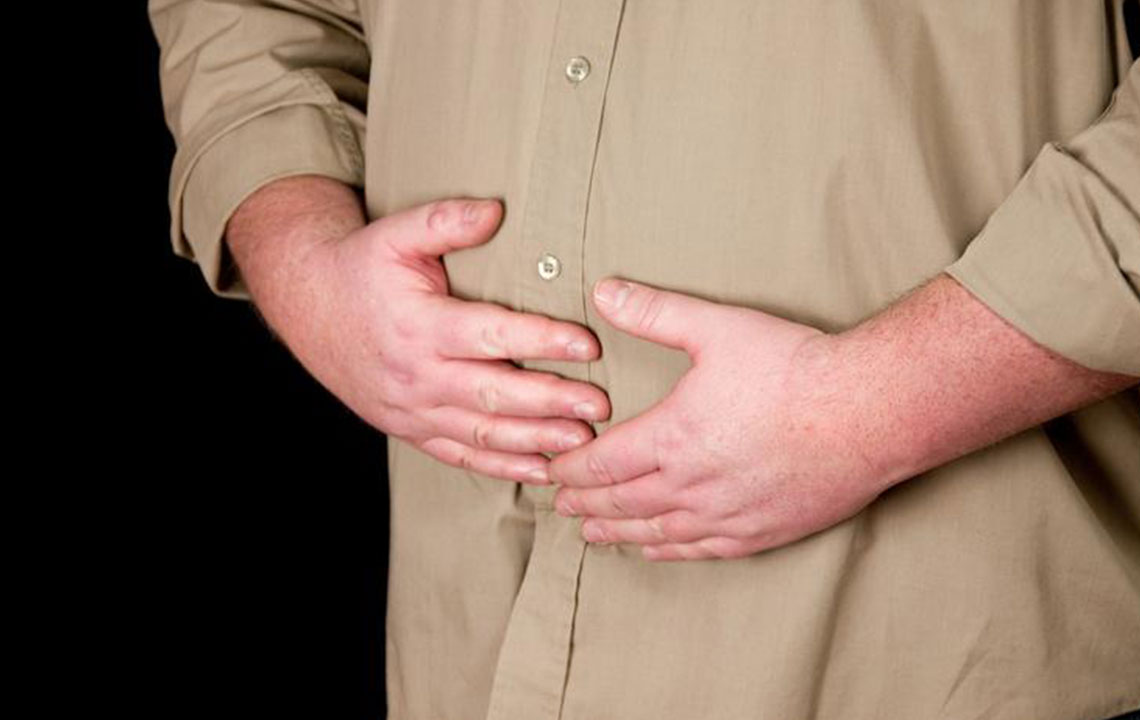H. pylori Infection – diagnosis and treatment
The H. pylori bacteria causes H. pylori infection. The bacteria can enter the stomach and continue to grow inside. Common H. pylori symptoms include stomach pain, bloating, nausea, loss, excessive burping and weight loss. However, some people may not show any signs of the infection.
The cause of an H. pylori infection is not known. But it can spread from an infected person’s saliva and direct contact with feces and vomit.
Diagnosis
The doctor may diagnose an H. pylori infection through some tests. Even without any H. pylori symptoms manifesting, the doctor may order diagnostic tests if you develop peptic ulcers.

Tests may include –
- Stool test – to detect the presence of H. pylori-related antigens in the stools.
- Breath test – liquid or pill containing carbon molecules is swallowed. If the carbon is released due to stomach acid, it confirms the infection.
- Blood test – can detect evidence of any new or old H. pylori infection.
- Scope test – to check the stomach for problems and remove a tissue sample for a biopsy. Since this is an invasive test, it is only done if the doctor suspects ulcers in the stomach.
Treatment
If H. pylori symptoms manifest or if ulcers form in the stomach, you will require prompt treatment. Four weeks after the initial treatment; the doctor may conduct fresh tests to check if the treatment was a success.
- Your doctor may prescribe two different types of antibiotics to treat the infection. Two separate drugs are used to prevent the bacteria from becoming resistant to any one medicine. If the germs develop resistance to any drug, the treatment can become ineffective
- Depending on the extent of damage inside the stomach, your doctor may prescribe a drug to heal the protective lining.
Chances are you may have H. pylori inside your stomach but not develop complications. Even if you experience mild to severe H. pylori symptom, you may not necessarily develop ulcers. With proper hygiene, you can reduce your risk of an H. pylori infection.

